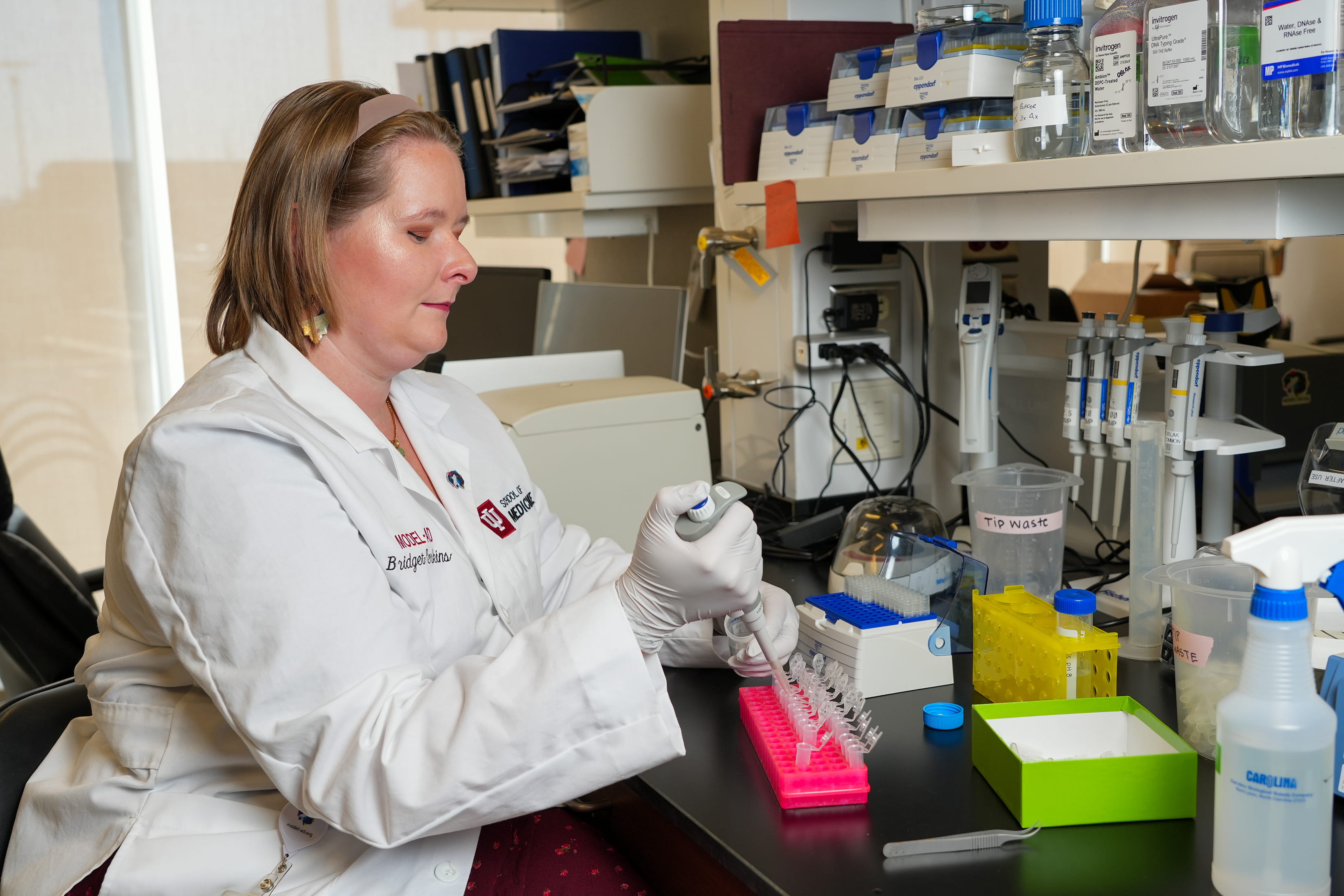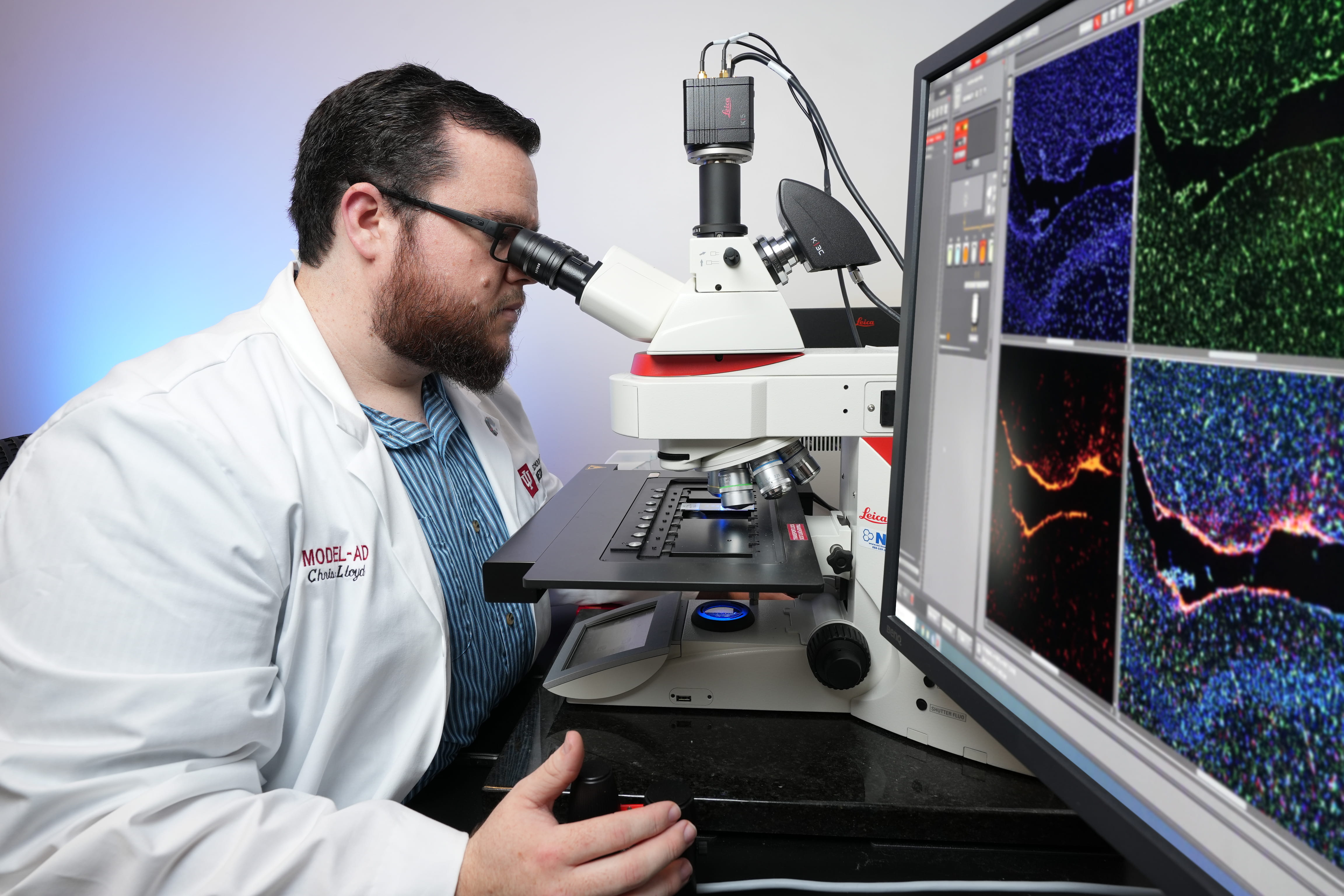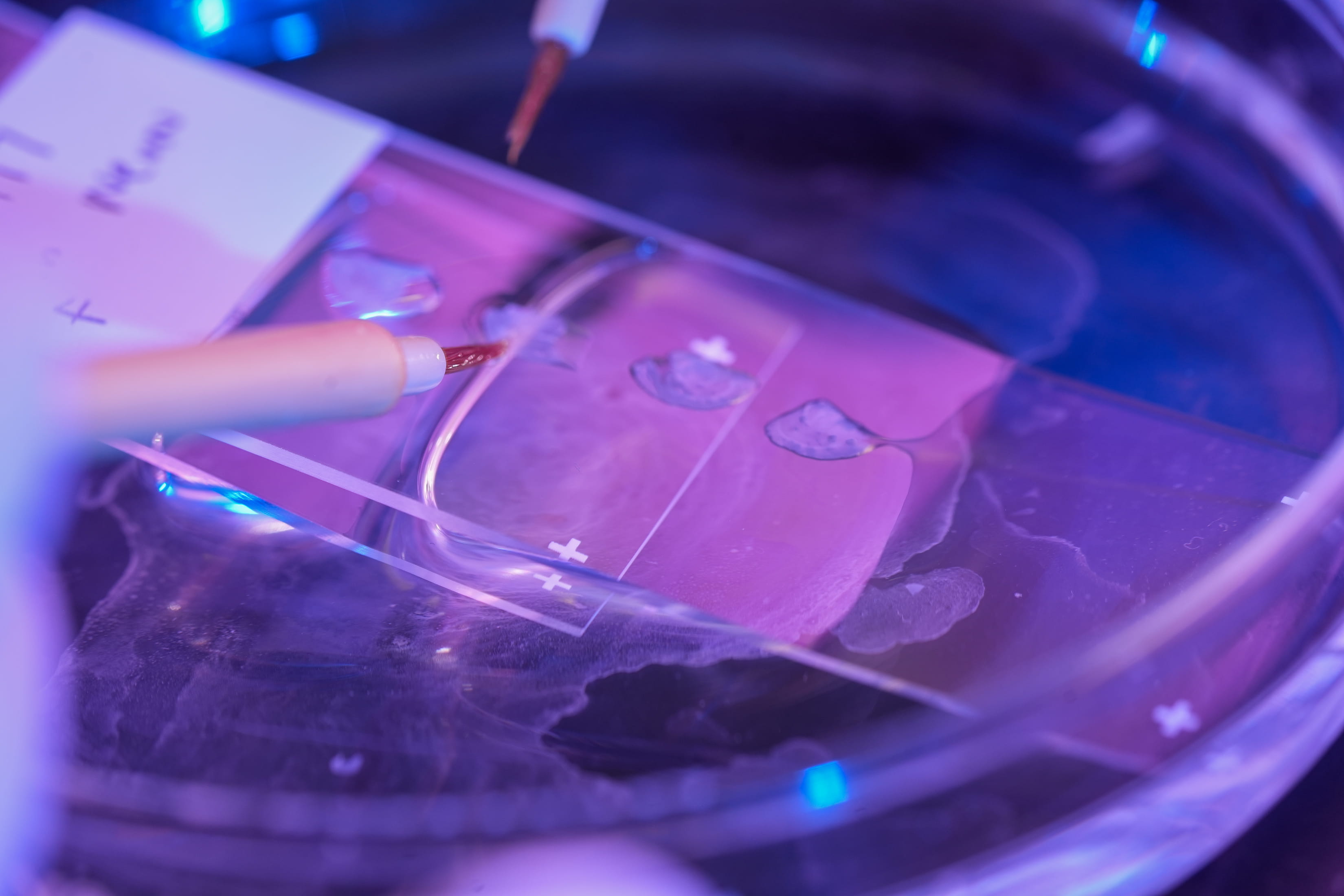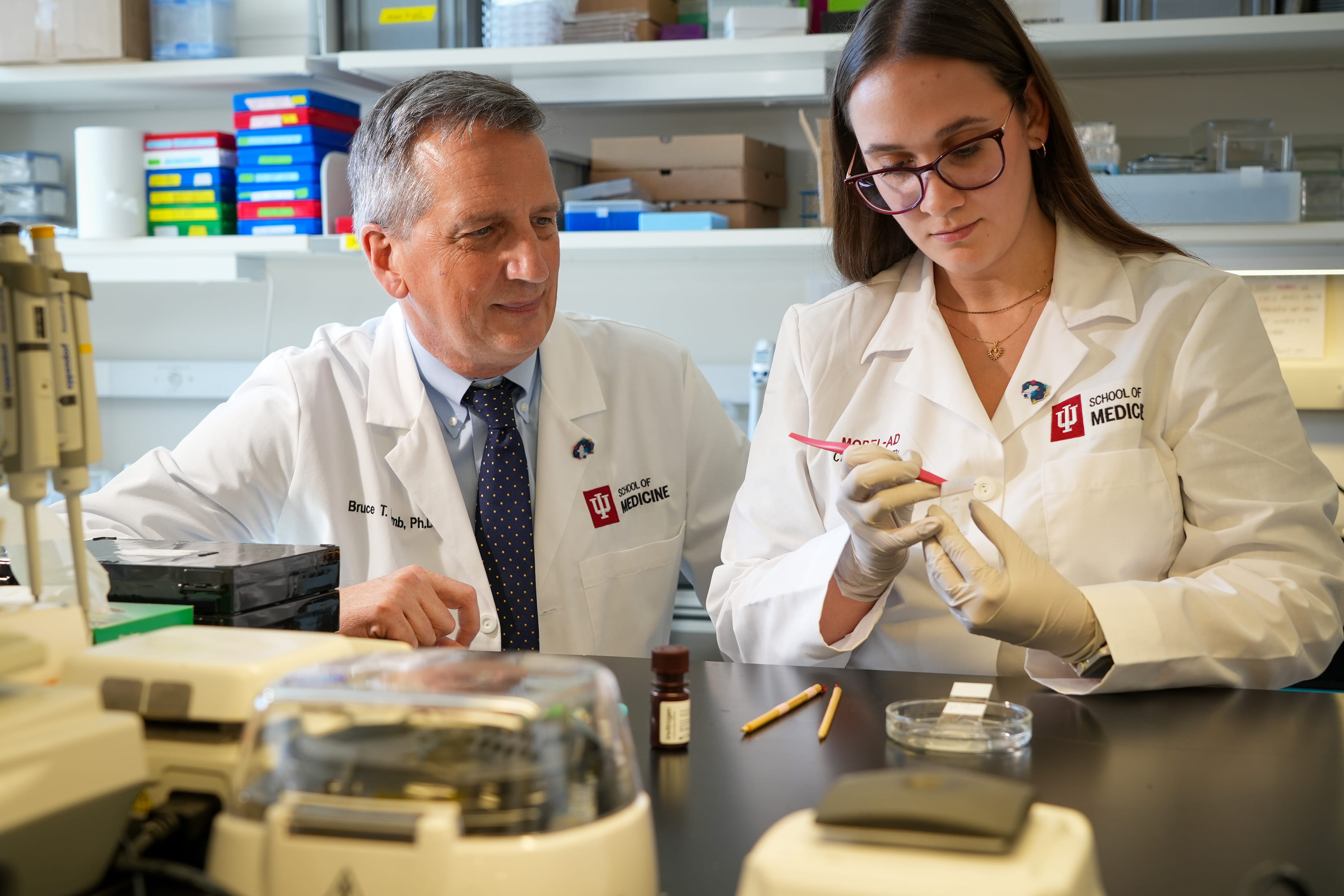Success rates of Alzheimer’s disease drugs in clinical trials after testing in animal models have been disappointing. While existing mouse models for the disease have provided important insights in aspects of Alzheimer’s disease biology, they have not sufficiently modeled the disease for accurate use in preclinical studies.
The Model Organism Development and Evaluation for Late-Onset Alzheimer’s Disease (MODEL-AD) consortium, established by the National Institute on Aging, brings together experts at Indiana University School of Medicine, Jackson Laboratory, the University of Pittsburgh School of Medicine and Sage Bionetworks. The consortium is developing the next generation of animal models, and MODEL-AD provides the key to translating research discoveries into new Alzheimer’s disease therapies.






